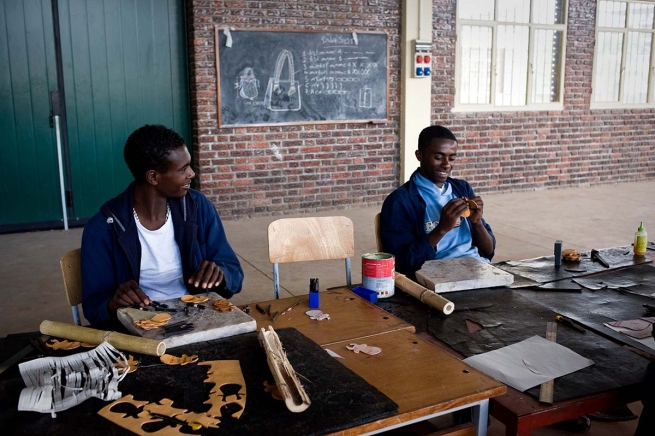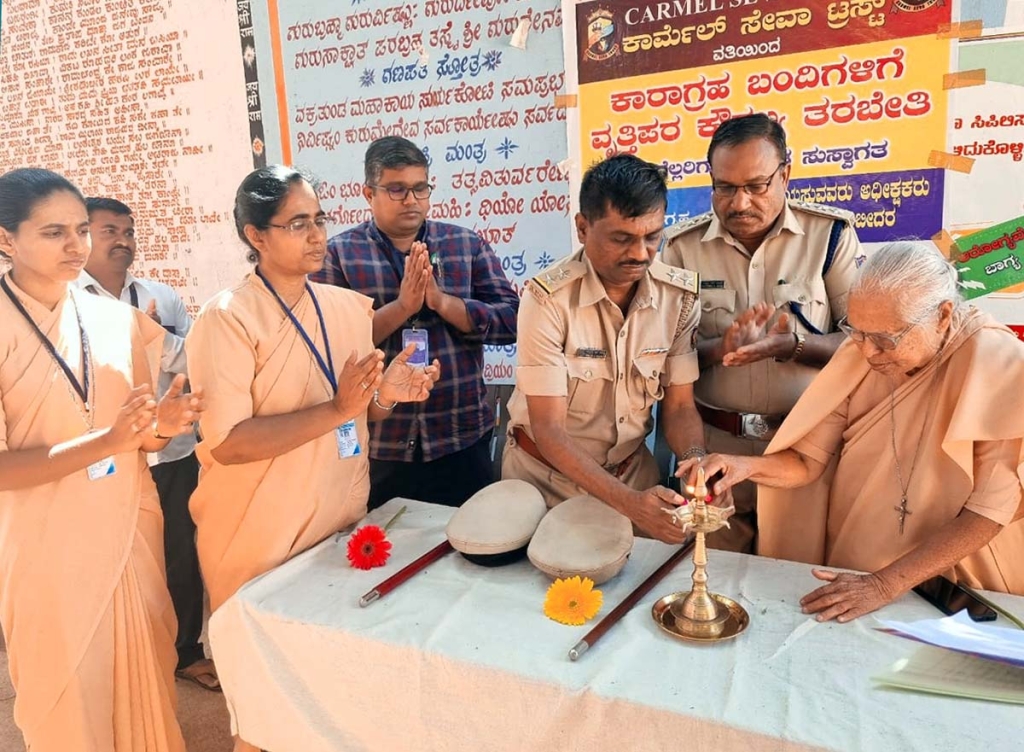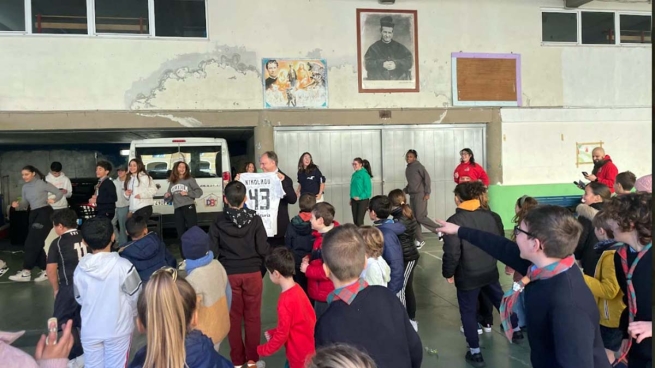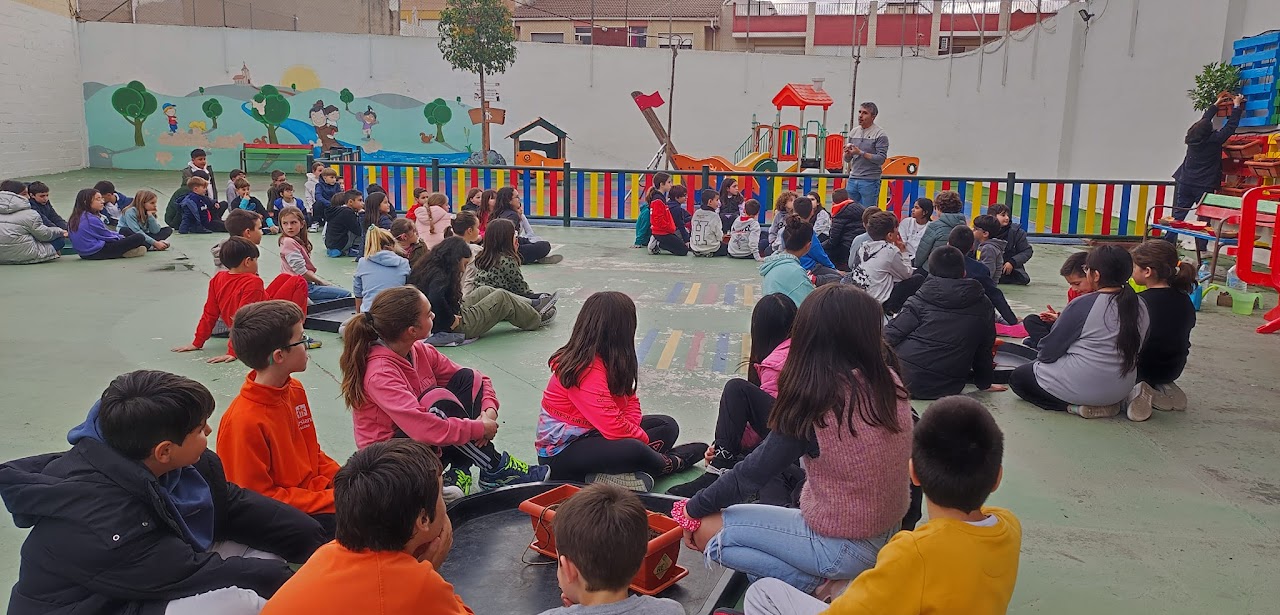ETHIOPIA: Homeless and abandoned youth have chance at a better life thanks to Bosco Children Project

(MissionNewswire) With the school year beginning in countries across the world, many youth continue to struggle to gain an education due to poverty and a lack of opportunity. Thanks to a partnership between the Don Bosco International Volunteers for Development (VIS) and the United Nations Office on Drugs and Crime (UNODC), youth in Addis Ababa, Ethiopia have access to education and a chance for a better life.
Determined to address one of Ethiopia’s most pressing socioeconomic challenges—the burgeoning number of abandoned, runaway and otherwise at-risk children fending for themselves in the city—Don Bosco VIS and UNODC launched the “Rehabilitation and Reintegration Services for Children in Conflict with the Law” initiative in November 2015.
As a result of this initiative, 100 youth now live at the Bosco Children Project home in the compassionate care of Salesian missionaries. The Bosco Children Project provides support and educational services in addition to an outreach orientation center and a hostel for youth, mostly boys, who are orphaned or live on the street.
At the home, youth receive shelter, meals, warm clothing, psychosocial counseling and access to basic education and literacy classes. Once ready, they participate in a skills training orientation where they experience a variety of vocational courses in automotive, carpentry, culinary arts and more.
“In Addis Ababa alone, there are as many as 100,000 children who desperately need assistance in getting off the streets and turning their lives around,” explains Father Mark Hyde, director of Salesian Missions, the U.S. development arm of the Salesians of Don Bosco. “Because the Bosco Children Project provides the only shelter and rehabilitation center in Addis Ababa, it’s difficult to adequately address the crisis. This innovative partnership is providing crucial resources—food, educational materials and additional staff—so that we may help as many homeless youth as possible.”
Workeneh Alemu is one of the youth participating in the program. He comes from a poor family in a small village but decide to leave his home and venture to Addis Ababa in search of fortune. He explains that the trip was difficult and he did not find what he was searching for in the city but he didn’t want to return home and disappoint his family. Then he found the Bosco Children Project. Alemu was able to resume his studies and is now enrolled at the Don Bosco School in Mekanissa, Addis Ababa.
“I heard about the Bosco Children Project from the center staff who’d meet with street children,” says Alemu. “I liked the idea and decided to follow their proposal. I participated in 16 evening meetings that prepared me for their Come and See program. I followed the program and was happy to have closed a hard chapter in my life.”
Ethiopia is one of the poorest countries in the world with more than 38 percent of its population living in poverty, according to Feed the Future. Close to 85 percent of the country’s workforce is employed in agriculture but frequent droughts severely affect the agricultural economy leaving more than 12 million people chronically, or at least periodically, food insecure. In addition, more than two-thirds of the population is illiterate.
The country has 4 million orphans which account for nearly 12 percent of all children, and according to UNICEF, more than half a million of these were orphaned as a result of the HIV/AIDS crisis that has affected the country. Thousands more children run away each year seeking a better life on the streets.
###
Sources:
ANS Photo (usage permissions and guidelines must be requested from ANS)
ANS – Ethiopia – Salesians and efforts to guarantee education for street children
UNICEF – Ethiopia
UNODC – Joining Forces to Restore the Lives of Vulnerable Children
UNODC – UNODC and Don Bosco Unite to Brighten the Future of Vulnerable Children in Ethiopia




